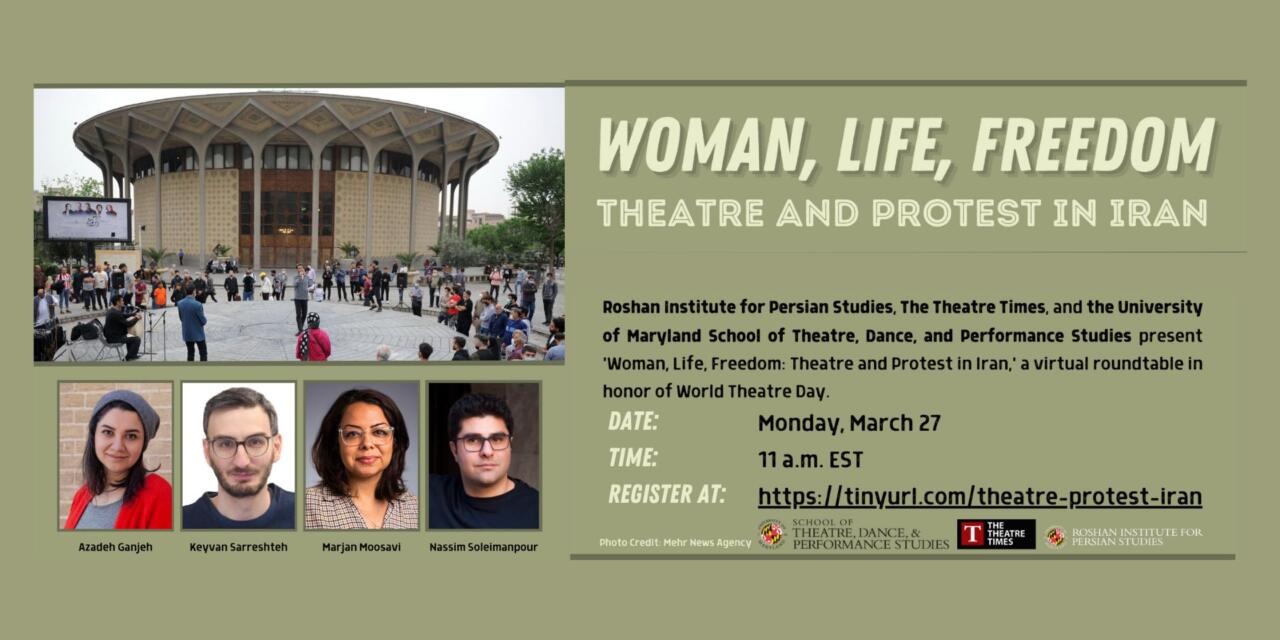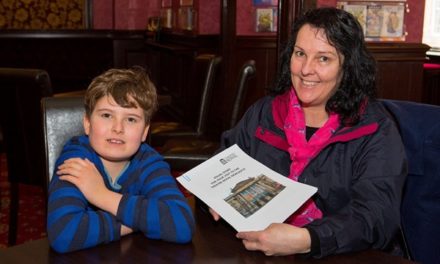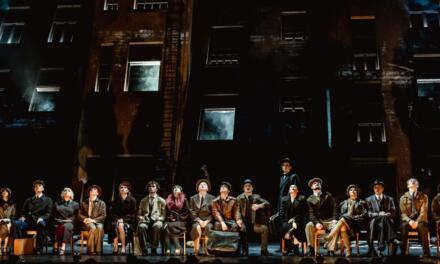Dear Friends,
Roshan Institute for Persian Studies, The Theatre Times, and the University of Maryland School of Theatre, Dance, and Performance Studies are pleased to present: “Woman, Life, Freedom: Theatre and Protest in Iran.” This virtual roundtable is being held in honor of World Theatre Day. Join our panel of experts for their insight on Iranian theatre and its role in this year’s ongoing protests.
HowlRound Theatre Commons will stream this event on Monday, March 27 at 11:00 a.m. EST. The live stream event will have an ASL translator and closed captioning.
To register, visit https://tinyurl.com/theatre-protest-iran.
For more information on our speakers, visit https://sllc.umd.edu/events/woman-life-freedom-theatre-and-protest-iran.
Speakers


Keyvan Sarreshteh was born in 1987 in Tehran, Iran. He studied puppet theater at the University of Tehran. During his student years, he created his first work, Apart-ment, which won several awards in student and professional festivals. He later worked with different artists as a playwright and dramaturg. In his collaborations and individual projects, he explores the concepts of biography and memory, as well as personal stories and power relations (both interpersonal and political). Many of his works and collaborations such as Apart-ment, Manus, Pink Cloud, A/B/C, and En Transit have been presented at different festivals and venues around the world, including Wiener Festwochen, Adelaide Festival, Bozar, and Festival d’Avignon.

Marjan Moosavi is an educator, researcher, digital curator, and dramaturg. She holds a Ph.D. in Theatre and Performance Studies from the University of Toronto. She is the Roshan Lecturer in Persian Studies and Performing Arts at the University of Maryland, College Park, where she designs curricula, mentors graduate students, and pursues transnational projects at the intersection of theatre studies and digital humanities. Marjan’s digital and curatorial collaborations include two pioneering and transnational digital projects: Digital Guide to Theater of the Middle East and the Digital Photo Exhibit on Middle Eastern Theatre. Her research has been published in venues including The Drama Review (TDR), New Theatre Quarterly, Asian Theatre Journal, Critical Stages, and the Routledge Companion to Dramaturgy. She is a longstanding Regional Managing Editor for TheTheatreTimes.com.

Nassim Soleimanpour is an Iranian playwright, theatremaker, and the Artistic Director of the Berlin-based theatre company Nassim Soleimanpour Productions. Best known for his play White Rabbit Red Rabbit, written to travel the world when he couldn’t, his work was awarded the Dublin Fringe Festival Best New Performance, Summerworks Outstanding New Performance Text Award, and The Arches Brick Award (Edinburgh Fringe), as well as picking up nominations for a Total Theatre and Brighton Fringe Pick of Edinburgh Award. White Rabbit Red Rabbit had a 9-month Off-Broadway run casting celebrated actors like Whoopi Goldberg, Nathan Lane, Martin Short, Bobby Cannavale, Wayne Brady, F. Murray Abraham, and Cynthia Nixon. It has been performed over three thousand times. Nassim’s second play Blind Hamlet, commissioned by the London-based Actors Touring Company, premiered at The LIFT 2014. His third play BLANK premiered simultaneously in November 2015 in Amsterdam, Utrecht, and London. His most recent play, NASSIM, produced by the Bush Theatre in London, premiered in August 2017 and won a Fringe First Award.
This post was written by the author in their personal capacity.The opinions expressed in this article are the author’s own and do not reflect the view of The Theatre Times, their staff or collaborators.
This post was written by The Theatre Times.
The views expressed here belong to the author and do not necessarily reflect our views and opinions.


















